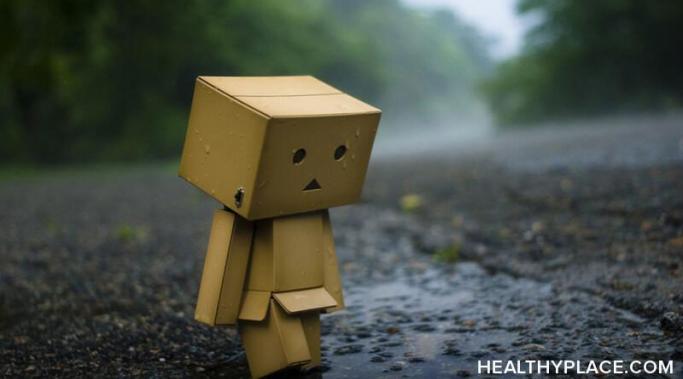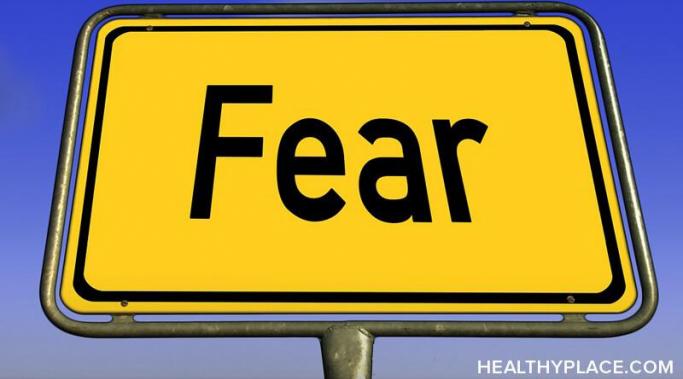Severe or otherwise, dealing with brain fog as part of COVID-19 while preventing the spread of the virus requires diligence and effort when we don't feel like doing anything other than resting and recovering. How can we stay optimistic and motivated while dealing with brain fog and illness and waiting for wellness to return?
Living a Blissful Life
I like to avoid tense situations in my everyday life. I enjoy living in a peaceful, harmonious, and stable society. Yet tense situations are an inescapable part of nature. Life-or-death struggles are ever-present, whether fighting over territory, for a mate, searching for food, or avoiding being eaten. In an increasingly civilized world, can intentionally engaging in tense and stressful situations benefit our experience of bliss?
Sometimes, the chaos of life feels so insurmountable that taking advice from another human just won't do—the wisdom needed is beyond the scope of mere mortals. In times like these, a vaster source is necessary. If you're secular and starting to get antsy at the sound of this, don't worry. I'm not talking about your typical humanoid deity. I'm talking about the ocean.
Pessimism is a trait usually associated with negativity and a cynical outlook. But did you know there is another type of pessimism that can play a role in planning for success? Defensive pessimism, as it's called, is a strategy that offers an alternative approach to navigating all the unexpected circumstances life may present.
Sometimes you need to surrender to yourself. I learned this recently in the most unusual way. To jump right into it: I can't orgasm. Well, that's not entirely true. I can orgasm by myself with relative ease, but I can count the number of times I've orgasmed with another person on one hand, and most of those occasions have been helped along by technology. For a long time, I figured it was just my anatomy; some bodies were built to orgasm, but mine was not. I had other things going for me—it was what it was.
Seasonal changes affect my mental and physical health in various ways, particularly during the hottest and coldest months of the year. The effects have ranged from fatigue and irritability during summer to depression in winter. Fortunately, there are ways to manage these seasonal changes and maintain balance.
I think a healthy dose of fear helps ensure the integrity and continuity of our person and the relatively rational decision-making process that keeps us moving forward in our lives, or at least keeps us stable. Fear is necessary, but when left unchecked, it has a tendency to take over our lives. It takes one to know one, after all. I've spent the better part of my life cowering at one thing or another, and it led to total paralysis. If you're constantly afraid, whether it be of monsters, murderers, failure, or—finally—death, you've lost your freedom. You're a slave to your fear, and every choice you make won't reflect your autonomy as it ought to but, instead, your imprisonment. But you can make fear your friend to increase its usefulness.
As Japan's unique culture continues to gain interest worldwide, many previously unknown aspects of Japanese life are now much more widely understood. At one end is its distinctive pop culture. On the other are its traditional philosophical concepts related to mindfulness, simplicity, and the inherent power of nature. These aspects of Japan's unique culture have undoubtedly played a pivotal role in helping me create a blissful life.
Like everyone else, I sometimes feel bored with my life. Boredom is a derivative of expectations that haven't been met; when I'm bored, it's because I feel like I'm not living the life I ought to be. This can be true in the micro-sense of being bored at work or in the macro-sense of being bored with a career trajectory itself, to name just two examples. If not your job, you might be bored with your family, partner, living environment, or any number of other things, up to and including yourself. But did you know that boredom and attention are linked?
Remaining calm in the chaos of today's fast-paced world can sometimes seem like an uphill struggle. Chaos is ever-present in the news, from global crises and natural disasters to political upheaval and economic instability. This chaos can seep into our daily lives, leaving us uncertain about the future. Not surprisingly, it's easy to get caught up in the whirlwind of chaotic events and lose our sense of inner calm, but you can be calm even in chaos.









